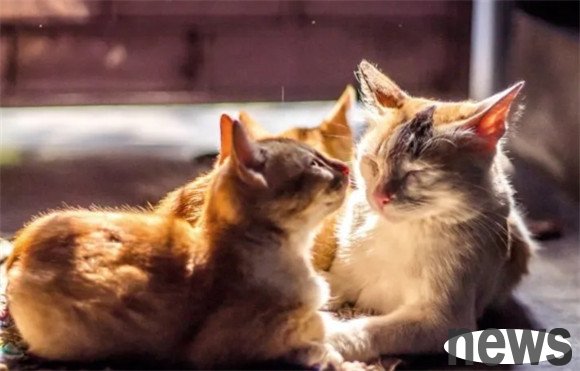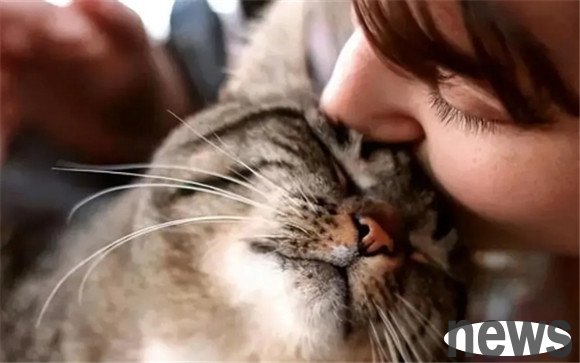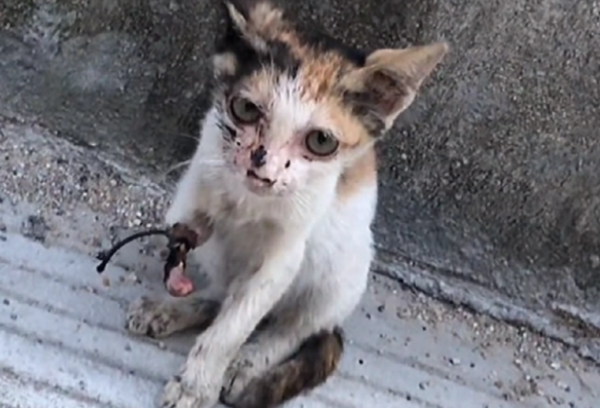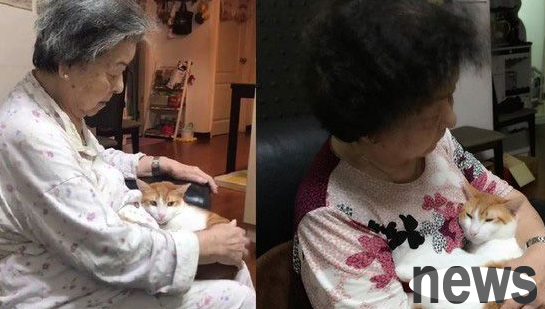Why do cats refuse your kiss?
Cats, this mysterious and charming creature, always attracts our attention with their unique behavior. Sometimes, we can't help but want to give them a warm kiss, but they often reject it. So, why do cats refuse our kiss? What professional pet knowledge is hidden behind this? Let's uncover this mystery together.

First, we need to understand the sensory characteristics of cats. Cats have a very sharp sense of smell and touch, and their facial nerves are densely distributed, and they respond particularly strongly to touch. When we try to kiss a cat, our lips and faces may give them a strange, uncomfortable feeling. For cats, this sudden intimate contact may disturb or be threatened.
Secondly, there are significant differences between cats' social habits and humans. In the cat world, they build and maintain social relationships primarily through physical contact, scent markings and voice communication. Kissing is an intimate expression among humans, but it may not be applicable to cats. Cats tend to express intimacy and friendship by rubbing, licking and purring each other.
In addition, cats' personality is also an important factor that affects whether they receive kisses. Every cat has its own unique personality and preferences. Some cats may be more docile, loved ones, and are willing to establish closer relationships with humans, including receiving kisses. But there are also some cats with independent and sensitive personalities and are cautious about human close contact. Therefore, we cannot generalize that all cats refuse to kiss, but need to judge based on their personality.
So, since cats may not like to kiss, how should we establish a close relationship with them?
First of all, respecting the personality and needs of a cat is the key. We need to understand cats’ preferences and habits and give them enough freedom and space. When interacting with cats, try to avoid excessively strong physical contact, but instead adopt a gentler and natural way, such as gently stroking the cat's head, back, or chin, allowing them to gradually adapt and enjoy contact with humans.
Secondly, building trust is the basis for enhancing intimacy with cats. We need to win the trust of our cats through daily care and companionship. For example, regularly providing food to cats, cleaning up litter boxes, playing with them, etc. These behaviors can make cats feel our care and care. Over time, cats will gradually let go of their guards and are willing to establish closer connections with us.
Finally, it is also very important to understand cats' body language and communication methods. Cats convey their emotions and needs through posture, sound and smell. We need to learn to observe cats’ body language and understand their needs and emotions so that we can communicate better with them. For example, when cats raise their tails and purr, it usually means they feel happy and satisfied; while when cats stick their ears and their bodies are tight, it may mean they feel uneasy or fear.
In short, cats refuse to kiss not because they don’t like us, but because they have unique sensory and social habits. We must respect the personality and needs of cats, interact with them in a gentle and natural way, and gradually build trust and intimacy. At the same time, we also need to learn to observe and understand cats' body language and communication methods in order to get along with them better.
In this process, we may find that the way to establish intimacy with cats is not limited to kissing. In fact, cats prefer behaviors that reflect our care and respect. For example, provide them with a quiet and stable living environment, perform physical examinations on them regularly, and be gentle and patient when interacting with them.

In addition, cats also have their own emotional expressions. They may express love and trust in you by rubbing your legs, jumping onto your knees, or making satisfactory snoring. These are unique "kisses" that cats tell us in their own way: they also like us and are willing to establish a deep emotional bond with us.
At the same time, we must also understand that every cat is unique. Some cats may never like to be kissed, but that doesn't mean they don't love us. We must respect cats’ choices and not force them to accept what we think is “should” do. After all, true love is understanding, respect and acceptance.
So, when you are rejected when you try to kiss your cat again, you might as well express your love in another way. You can gently stroke it, or play with it, or just sit quietly beside it, let it feel your company and warmth. In this way, you and your cat can be happy and satisfied in the process.
Finally, we must remember that the process of getting along with cats is a process of mutual learning and adapting to each other. We must understand them with our heart and tolerate them with love. Only in this way can we establish a truly deep emotional bond with our cats and spend a good time together.




